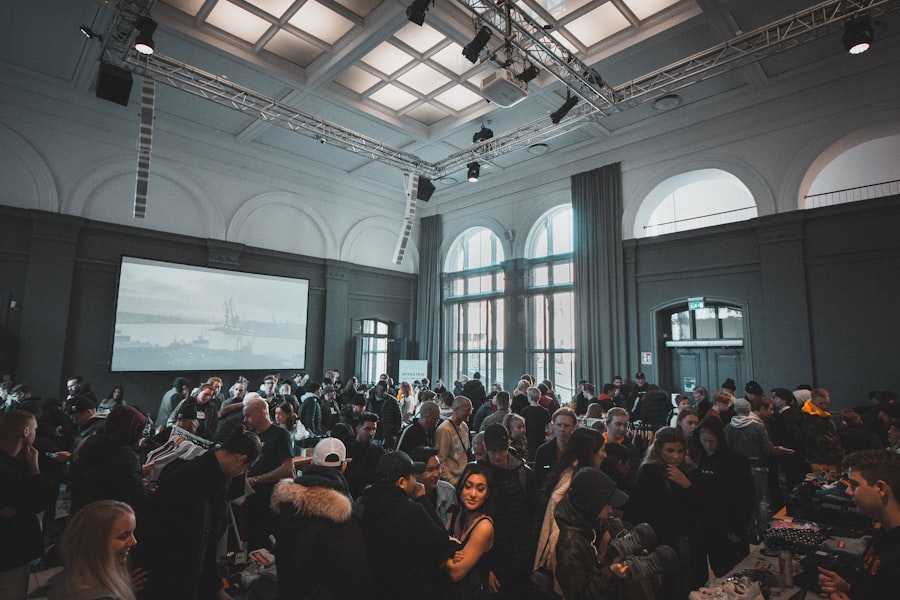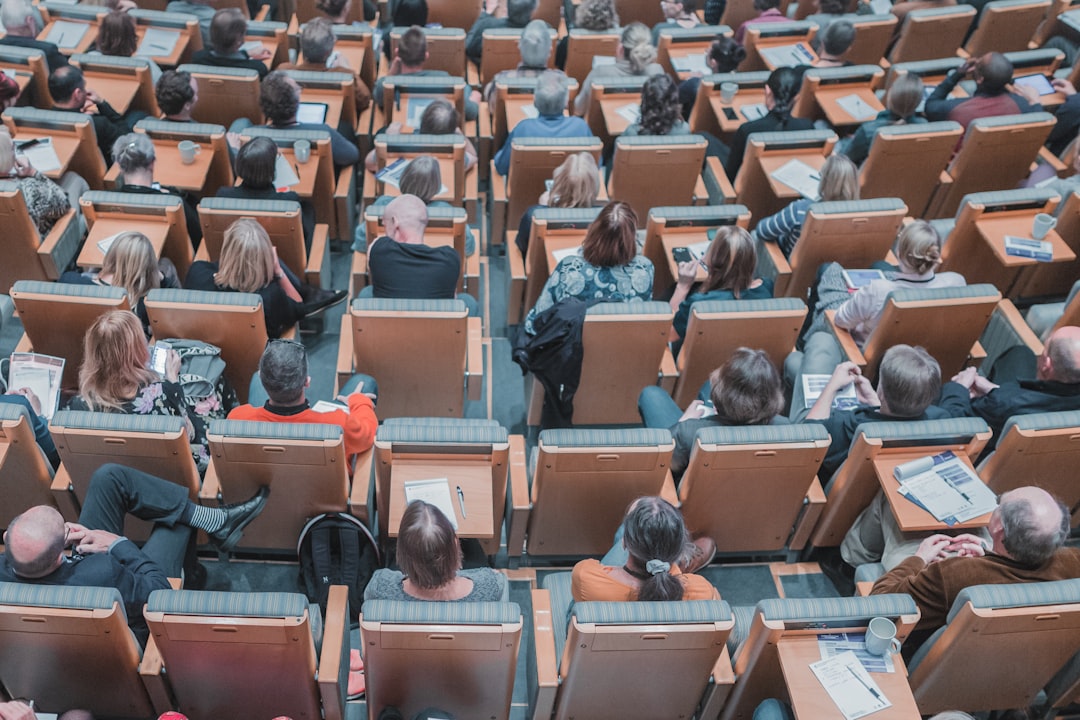Model UN, or Model United Nations, is an educational program that simulates the work of the United Nations and other international organizations. This program allows students to take on the roles of delegates from different countries and engage with current global issues through discussions, debates and decision-making. Within Model UN, participants explore the political, economic and social aspects of specific topics, such as climate change, human rights, international peace and security.
This program not only fosters an understanding of international relations, but also develops critical thinking, public speaking and negotiation skills. Participating in Model UN provides students with the opportunity to become familiar with the complexity of global issues and to develop empathy for different cultures and perspectives. Through simulations, students learn how to research and analyze information, how to formulate arguments, and how to present them effectively to their peers.
This process not only enriches their knowledge of the world, but also empowers them to become active citizens who are aware of their rights and responsibilities in a global society.
Key Takeaways
- Model UN is a simulation of the work of the United Nations in which students play the roles of diplomats and solve global problems.
- Model UN works in high schools in America through the organization of teams that compete at the regional and national levels.
- High school students prepare for the Model UN competition by researching topics, practicing public speaking and negotiation.
- Participating in Model UN competitions allows high school students to develop negotiation, teamwork and public speaking skills.
- Model UN helps develop the skills of high school students through simulation of diplomatic situations, analysis of global problems and conflict resolution.
How does Model UN work in high schools in America?
In American high schools, Model UN functions as an extracurricular activity that brings together students with similar interests in international relations and diplomacy. Teams are usually formed to represent different countries in competitions held at local, regional or national level. Each team prepares for specific topics to be discussed during the simulation, and students often work together to research their countries' positions and develop strategies for successfully participating in the debate.
During the competition, students face the challenges of real diplomatic negotiation. They have to communicate with other delegates, express their views and try to reach consensus on solutions to global problems. This process requires a high level of cooperation, as well as the ability to adapt to different situations that may arise during the debate.
In this sense, Model UN not only provides a platform for learning about international relations, but also for developing skills that are crucial for success in any field.
How do high school students prepare for the Model UN competition?

Preparing for the Model UN competition requires dedication and teamwork. High school students usually begin the research process several months before the actual competition. They study the historical and contemporary aspects of the topics to be discussed, as well as the position of the country they represent.
This phase of the research involves the analysis of relevant documents, reports and articles related to specific problems. Students also frequently use online resources and academic databases to gather as much information as possible. In addition to research, students also prepare through simulations within their teams.
These exercises allow them to practice public speaking, argumentation and negotiation skills. Team members often hold internal debates to learn about different approaches to problem solving and to develop strategies to use during the competition. This preparation not only strengthens team cohesion, but also helps each individual gain the confidence that is critical to success at Model UN events.
What are the benefits of participating in Model UN competitions for high school students?
Participating in Model UN competitions brings numerous benefits to high school students. First, students develop a deep understanding of international relations and the global issues that shape the world in which we live. Through research and discussion on these topics, they become more aware of the complexity of political decisions and the impact they have on different countries and peoples.
This knowledge can be of great value for their future academic and professional careers. Second, Model UN helps students develop important personal skills that will benefit them throughout their lives. Skills such as public speaking, critical thinking, teamwork and the ability to resolve conflicts are crucial not only in diplomacy but in many other fields as well.
Students who participate in Model UN often become more confident in their abilities to communicate with others and to express their views in a constructive way. These skills are invaluable when it comes to future academic challenges or professional opportunities.
How does Model UN help develop the skills of high school students?
Model UN plays a key role in the development of various skills in high school students. First, public speaking is one of the most important skills that students acquire through this program. During the simulations, they have the opportunity to present their views in front of a group, which helps them overcome their fear of public speaking and become more confident in their communication skills.
This skill is especially useful not only during schooling but also in future careers where effective communication is key. In addition to public speaking, Model UN also encourages the development of critical thinking. Students must analyze different perspectives on certain topics, evaluate the information they receive, and make informed decisions based on their research.
This ability to analyze and evaluate information is essential in today's information-inundated world, where it is important to distinguish relevant data from that which is not useful or accurate.
How can high school students become part of a Model UN team?

High school students who wish to become a part of a Model UN team can usually do so through their schools or local organizations involved in the program. The first step is often informing about the existence of a Model UN club or team within the school. Many high schools have their own teams that meet regularly to prepare for competitions, and students can express their interest in joining during the school year or at the start of a new school year.
After joining the team, students will be involved in the process of preparing for competitions by researching topics, simulating debates and working to develop their skills. It is also important to note that many teams organize workshops or invite guest speakers to further enrich the experience of team members. Participating in such activities can help students gain a deeper understanding of the work of the United Nations and international relations.
How does Model UN contribute to the education and development of high school students in America?
Model UN significantly contributes to the education and development of high school students in America through the integration of practical experiences with theoretical knowledge of international relations. This program allows students to apply what they have learned in the classroom to real-life situations happening around the world. Through simulations, students not only gain knowledge about global issues but also develop critical thinking skills that help them better understand the world around them.
In addition, Model UN promotes a culture of cooperation among students from different backgrounds and cultures. Participants often come from different parts of the world or from different walks of life, which allows them to exchange ideas and perspectives that they might never have the opportunity to hear in everyday life. This interaction not only enriches their education but also prepares them for life in an increasingly globalized society where understanding different cultures is key to success.
If you are interested in how high schools work in America, especially in the context of extracurricular activities like Model UN, you may also be interested in this article on how to join various exchange programs that can allow you to experience the American education system firsthand. More information on how to apply and what are the benefits of participating in such programs can be found at the following link.
FAQs
What is Model UN (Model United Nations)?
Model UN (Model United Nations) is a simulation of the work of the United Nations, where students play the roles of diplomats and represent different countries in order to solve international problems and issues.
How is the Model UN program implemented in high schools in America?
The Model UN program is implemented in high schools in America through the organization of special events, competitions and conferences where students have the opportunity to compete and collaborate with peers from other schools.
What skills do students develop through participation in the Model UN program?
Participating in the Model UN program helps students develop skills in negotiation, public speaking, teamwork, research and problem solving, as well as an understanding of international relations and politics.
What is the purpose of the Model UN program in secondary schools?
The purpose of the Model UN program in secondary schools is to enable students to gain a better understanding of international issues, to develop diplomatic negotiation skills and to become familiar with the work of the United Nations.
How can students join the Model UN program in high school?
Students usually join the Model UN program through school clubs or organizations that support this type of activity. Also, they can find out about local competitions and conferences through school or online resources.

